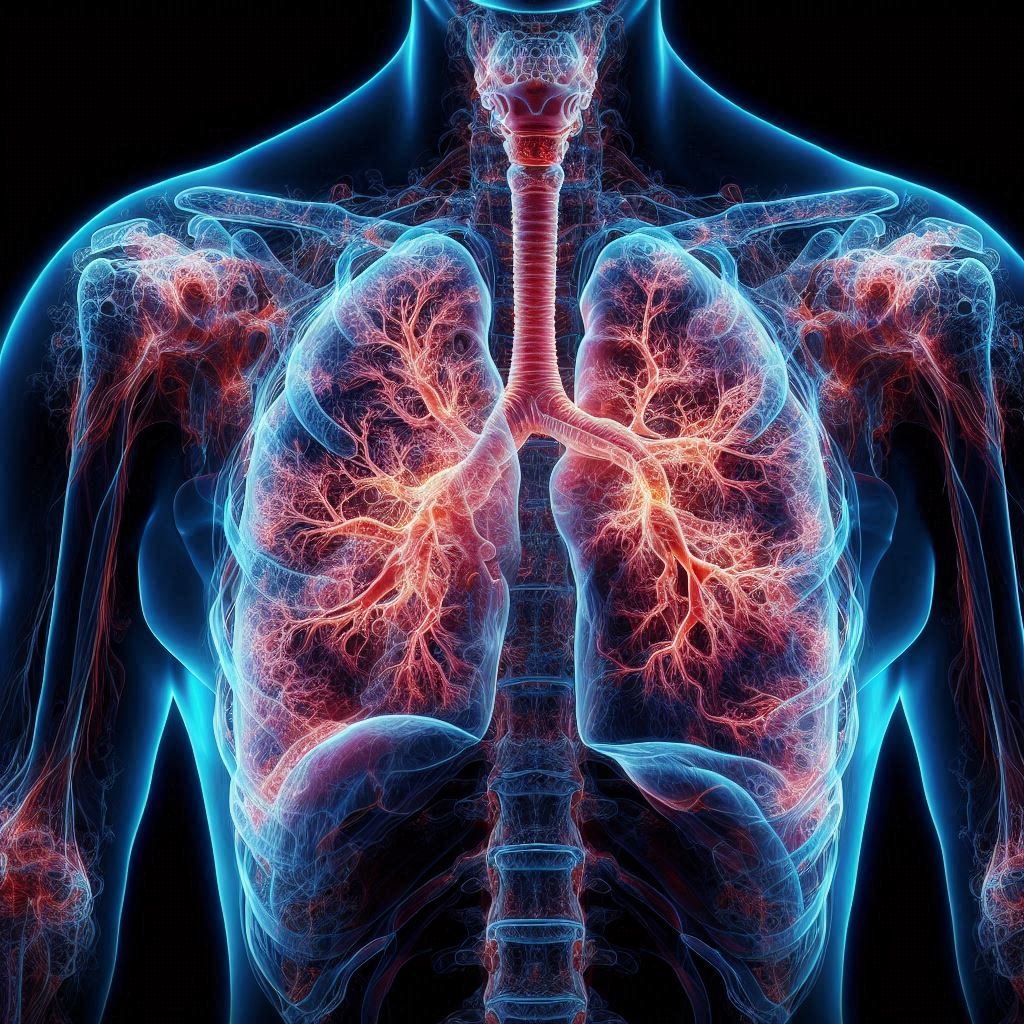
Cyanide is a rare but potentially deadly poison. Cyanide is naturally present in parts of some foods, such as apricot pits. It is found in the roots of some plants, such as the cassava plant. Cyanide is found in artificial nail removers that contain acetonitrile. Cyanide is rapidly absorbed from the stomach, lungs, mucosal surfaces, and unbroken skin. Cyanide is used as an ingredient to make things like paper, cloth, and some plastic items. It can also be used in developing photographs, cleaning metal, removing gold and silver from ore, and electroplating. Cyanide is also an ingredient of cigarette smoke. It may be a crystal (like salt), or a colorless gas.
This is because cyanide stops the cells of the body from being able to use oxygen, which all cells need to survive. Commonly symptoms of cyanide poisoning general weakness, confusion, bizarre behavior, excessive sleepiness, coma, shortness of breath, headache, dizziness, and seizures. Three antidotes (substances that reverse the effects of a poison) available for cyanide poisoning. Amyl nitrite, sodium nitrite, and sodium thiosulfate (the Lilly cyanide antidote kit) with high-dose oxygen should be given as soon as possible. Cobalt salts have also been demonstrated as effective in binding cyanide. Kelocyanor drug , given by intravenous injection, has been proven to be of use when administered to seriously ill victims of confirmed cyanide poisoning.
Cyanide Poisoning Treatment and Prevention Tips:
1. Not smoking in bed.
2. Avoidance of over-hot electrical heaters.
3. Standard home fire precautions including smoke detectors.
4. A special antidote kit also may be used if a strong suspicion for cyanide poisoning exists.
5. Strict work safety regulations must be followed to prevent occupational exposure.




